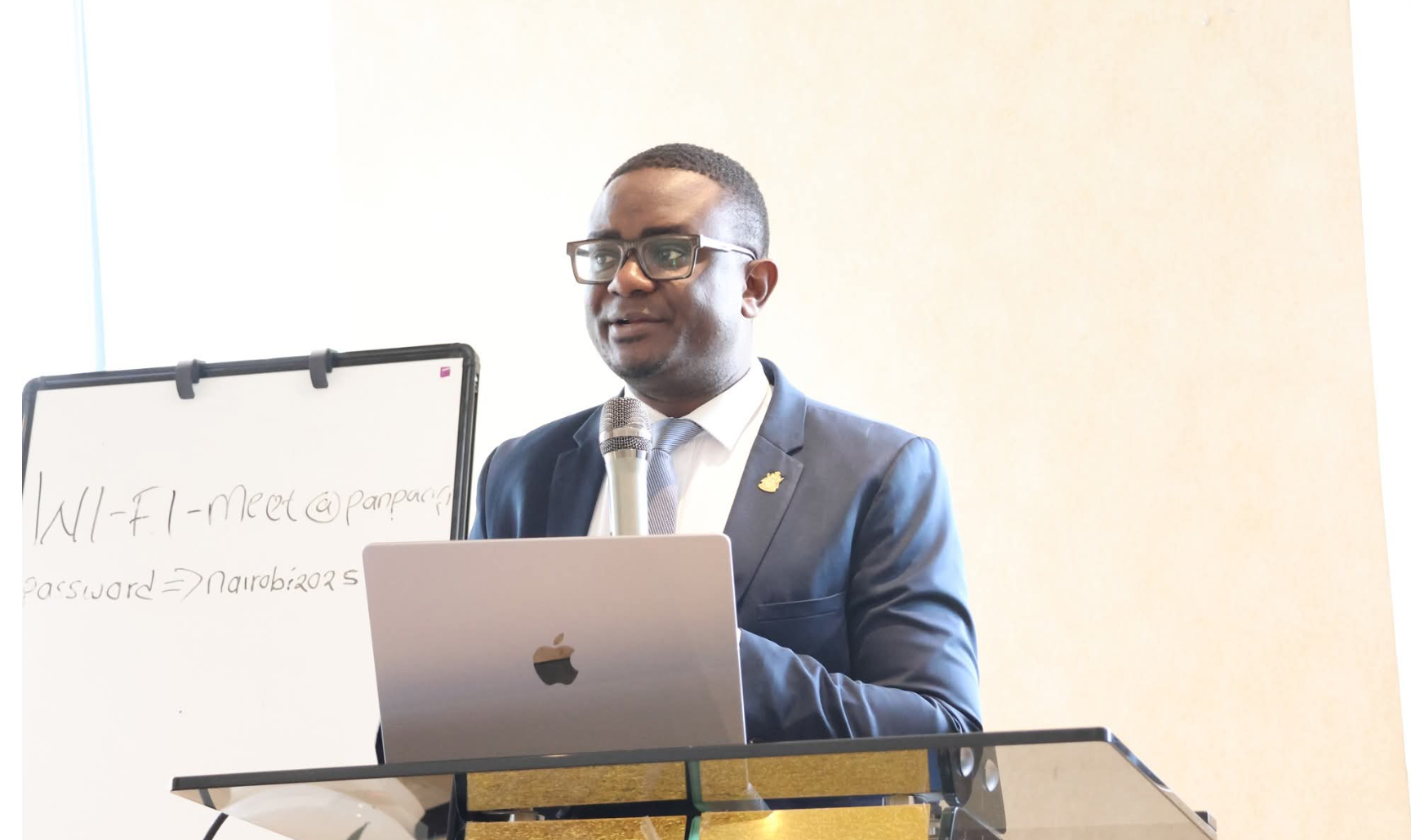 Prof
Moses Obimbo, Secretary of the Kenya Obstetrical and Gynaecological
Society and Project Lead at the PPH Foundation.
Prof
Moses Obimbo, Secretary of the Kenya Obstetrical and Gynaecological
Society and Project Lead at the PPH Foundation.
Kenya’s efforts to end preventable maternal deaths from postpartum haemorrhage have received a major boost after the PPH Foundation announced the successful pilot of a new blood mobilisation model designed to tackle persistent blood shortages.
The innovation, known as the Roaming Blood Typing and Acquisition Scheme, has already collected 875 units of safe blood within ten days, marking one of the most successful short-term blood drives recorded in the country.
Speaking during the 6th PPH Stakeholders Forum held in Nairobi, Prof Moses Obimbo, Secretary of the Kenya Obstetrical and Gynaecological Society and Project Lead at the PPH Foundation, said the pilot demonstrated the potential of community-focused mobilisation to save mothers’ lives.
He said they reached donors across Eastlands, the University of Nairobi, KMTC and other high-traffic areas, a strategy they hope to expand. Prof Obimbo said the Foundation is now preparing to scale the initiative to counties with high postpartum haemorrhage burden such as Narok. Prof Julius Ogengo, who is championing the blood initiative under the End Postpartum Haemorrhage Initiative, said Roaming is anchored on a simple philosophy of bringing blood donation closer to people and building a reliable database of repeat donors. Roaming stands for Rural Outreach Mobilization Initiative for Network Growth.
He explained that during the pilot, donors were encouraged to register, donate, and consent to be part of a network that would be linked to hospitals through a mobile application. Prof Ogengo said the programme demonstrated clear success after collecting 130 units in the first week and scaling up during the national PPH Run activities across Homa Bay, Nairobi, Eldoret, Kakamega, Mombasa and Makueni.
He added that the next phase will focus on developing a mobile application to connect donors, hospitals, transporters, and mothers in need, making it possible to respond quickly to emergencies. Prof Ogengo said the pilot confirmed that the model is feasible and can address blood shortages, especially in rural and marginalised counties where maternal deaths from postpartum haemorrhage remain high.
The new WHO guidelines on postpartum haemorrhage, first launched at the recent FIGO conference, were also highlighted during the forum. Prof Obimbo said one of the most significant changes is the redefinition of the blood loss threshold for diagnosing postpartum haemorrhage, reduced from 500 millilitres to 300 millilitres.
He said this shift means health workers must begin treatment much earlier using the EMOTIVE bundle of care, which includes uterotonics, tranexamic acid, fluid resuscitation and uterine massage. He added that WHO now requires objective measurement of blood loss rather than estimates, with health facilities expected to adopt calibrated drapes and other accurate tools.
Prof Anne Kihara, FIGO President, said these guidelines will transform maternal care by promoting early recognition and rapid intervention. She said Kenya is among the countries expected to align its Ministry of Health protocols with the new standards in the coming weeks.
The PPH Foundation announced additional upcoming activities, including the first PPH Conference set for 22 to 24 July, the PPH Autumn School in partnership with WHO, World PPH Day campaigns on 5 October, and the third International PPH Run scheduled for 27 September 2026 across 47 counties and 30 African countries.
The Autumn School will upskill community health promoters and medical professionals on the new guidelines, digital tools and contemporary maternal health frameworks. Prof Obimbo said their goal remains reducing maternal deaths from postpartum haemorrhage from the current 3000 per year to near zero.
He said the success of the Roaming blood initiative shows that with innovation, partnerships and community engagement, Kenya can drastically cut deaths linked to excessive bleeding after childbirth.













